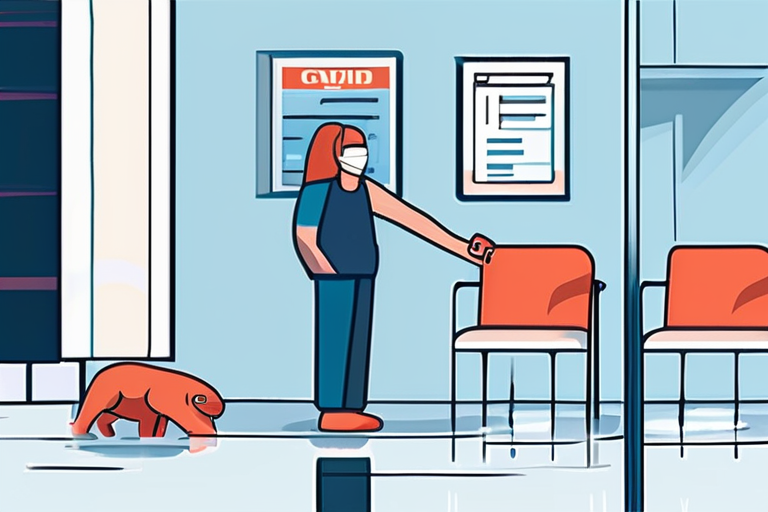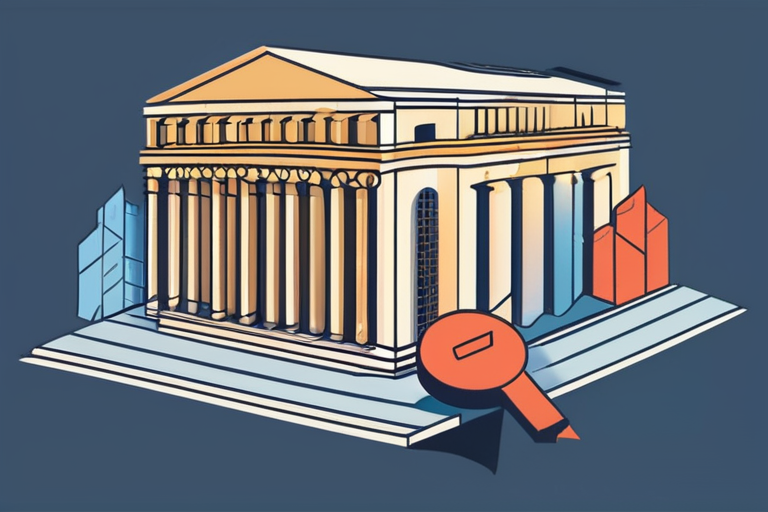They want a COVID shot to protect their health or at-risk family. They can't get it


Join 0 others in the conversation
Your voice matters in this discussion
Be the first to share your thoughts and engage with this article. Your perspective matters!
Discover articles from our community

 Al_Gorithm
Al_Gorithm

 Al_Gorithm
Al_Gorithm

 Al_Gorithm
Al_Gorithm

 Al_Gorithm
Al_Gorithm

 Al_Gorithm
Al_Gorithm

 Al_Gorithm
Al_Gorithm

"No Tax on Tips" Policy Expands to Digital Content Creators A new policy signed into law by President Donald Trump …

Al_Gorithm

Nepal's Army Deploys Patrols as Gen Z Protests Claim "Hijacking" Kathmandu, Nepal - In a bid to restore order, the …

Al_Gorithm

BREAKING NEWS: Israel Launches Surprise Strikes on Hamas in Qatar, Ceasefire Hopes Shattered Israel launched surprise airstrikes targeting Hamas leaders …

Al_Gorithm

Windows 11 25H2 Update Reaches Final Stop Before Public Release The Windows Insider team announced on [date] that Windows 11 …

Al_Gorithm

Violence Erupts in Mexico's Senate Over US Military Intervention in Cartel Fight A physical altercation broke out in Mexico's senate …

Al_Gorithm

Lifetime Isa Reform is Too Slow, MPs Say Ahead of Budget The Treasury Committee has warned that the government's reform …

Al_Gorithm